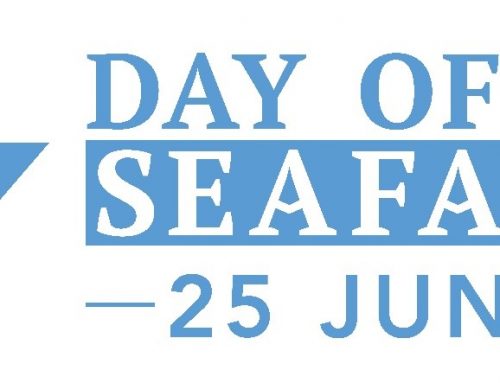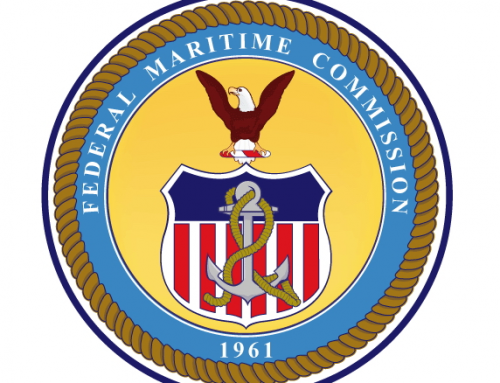Seafarers routinely access international ports in the course of vital business. But this may come with new challenges in a post-COVID-19 world. As global vaccine programs roll out, shipowners may discover there are new requirements for port entry. International crew members might not be able to do their jobs without proof of vaccination. Ships may be denied entry into ports if unvaccinated seafarers are aboard.
Given the disparity of vaccine administration worldwide, shipping companies cannot assume their essential workforce has access to the shots. As vaccine access remains uncertain, there are growing evidence countries will require proof of vaccination before entry into ports or past international borders. Here are some reasons why vaccination programs are crucial for seafarers and why shipowners have to take the lead to ensure the industry’s smooth functioning.
Refused Entry to Ports
COVID-19 has already created a difficult situation for many seafarers. Due to the suspension of flights, border closures, and quarantine measures, an estimated 400,000 people could not conclude their contracts and go home in 2020. According to the International Maritime Organization, about 200,000 people are unable to disembark or board ships as of March 2021.
But even when international traffic begins to move again, many fear there will be an additional requirement for seafarers: vaccination.
Growing Support for “Vaccine Passports”
The International Chamber of Shipping (ICS) has already had reports of some countries requiring seafarer vaccination. That comes as countries float the idea of “vaccine passports” for recreational and business travelers. The BBC reported this month that the EU, Cyprus, Greece, Denmark, Sweden, and several private companies already have plans for some version of vaccination proof to enter into the country or use of services.
Seafarers, however, are an international workforce. Not every individual seafarer has access to a region where the vaccine may be available to them.
Unequal Global Vaccine Distribution
The ICS estimates that about 900,000 global seafarers, or half of the workforce, are from countries where mass immunization is unlikely until 2024. As of February 2021, about 130 countries — accounting for about 2.5 billion people — have yet to commence vaccination. Shipping companies should therefore see the crisis coming. Ports are implementing new vaccination requirements on a population that has disproportionately less access to COVID-19 vaccines.
Problems With Vaccinating Workers Under Current Contracts
The vaccination push brings another legal issue. Shipping companies could make provisions for vaccination in any new seafarer contracts. But it is unclear how the vaccine requirement might be handled in the context of current contracts. Open questions include:
· Whether refusal to get vaccinated is grounds for contract termination
· Company liability for adverse health outcomes from mandatory vaccination
· Agency for the seafarer in terms of choice of brand of vaccine
Even if a COVID-19 vaccine is more broadly available to seafarers, therefore, shipping companies may still face legal repercussions for choices they make for current workers.
How the International Community is Responding
There is some good news. Five UN bodies, including the World Health Organization, the International Labor Organization, and the International Maritime Organization, issued a joint statement urging UN member countries to prioritize seafarer vaccination. The ICS welcomed the news, noting the crucial role seafarers play in the global supply chain, and the regular access they need to international ports in order to fulfill that role.
COVID-19 is a constantly changing situation. It has had an undeniable impact on the global shipping community.
To help navigate the legal issues, be sure seamen are adequately protected and to keep mariners safe while working at sea, contact the maritime law experts at Herd Law Firm today.







